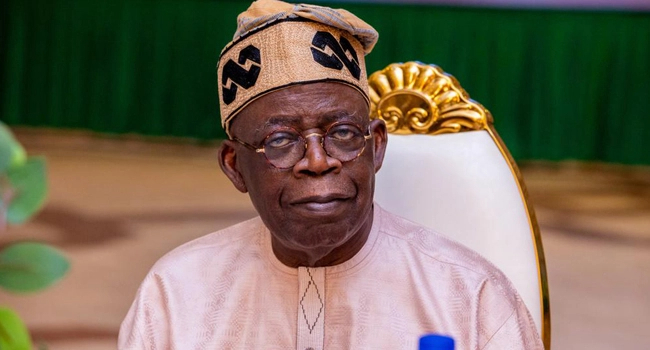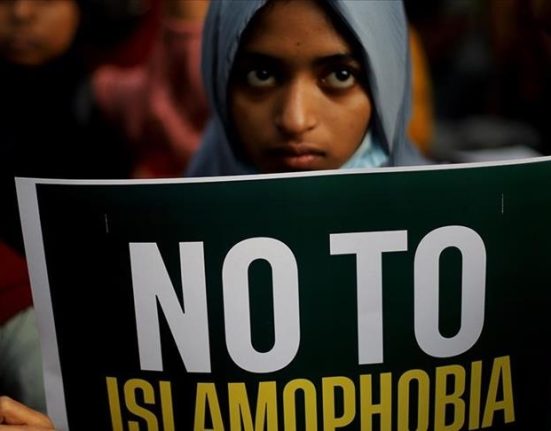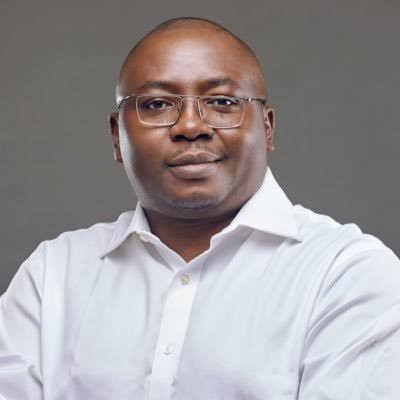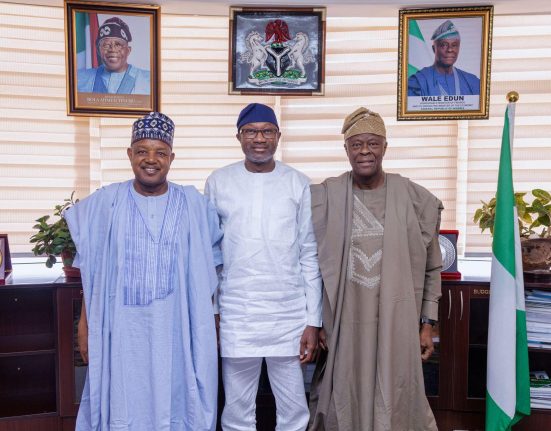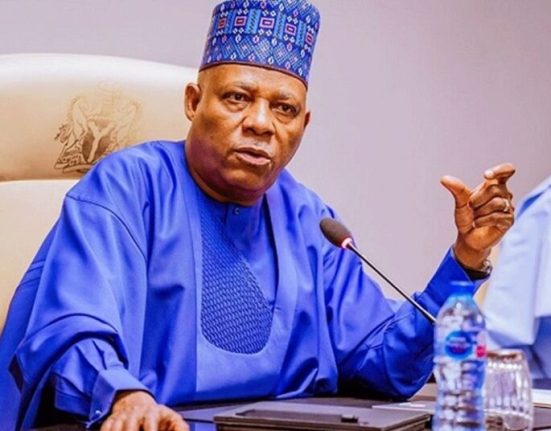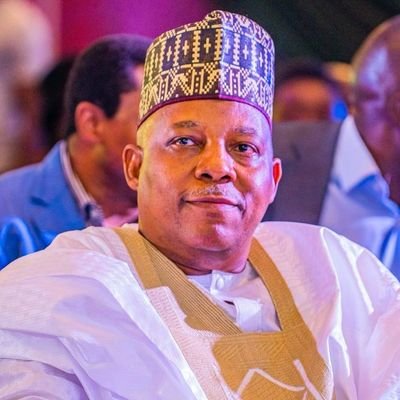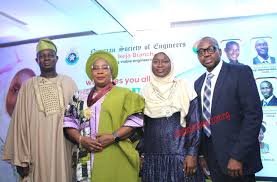As political alignments begin to take shape ahead of the 2027 general elections, fresh indications suggest that any significant political threat to President Bola Ahmed Tinubu is more likely to arise from within his own party—the All Progressives Congress (APC)—than from the fractured opposition.
Despite holding firm control of the ruling APC and the national government, political watchers and insiders suggest that the real challenge to Tinubu’s political future may come from dissenting voices within the party’s structure. This sentiment is echoed by various analysts and party stakeholders who argue that discontent is gradually building among APC ranks over the president’s leadership direction and governance style.
A prominent voice among these is that of Salihu Mohammed Lukman, a former National Vice Chairman (North-West) of the APC, who recently declared that “nothing good will come out” of the Tinubu administration, expressing deep concerns over what he described as growing authoritarian tendencies and weakening of internal party democracy. Lukman’s public criticism, alongside other murmurs from party insiders, underscores a simmering discontent that could shape the political discourse within the APC as 2027 draws nearer.
Political developments over the past months have shown Tinubu’s tactical ability to consolidate power within the APC. Through calculated political appointments, realignments, and orchestrated defections of opposition figures to the APC, the president has effectively tightened his grip on the party machinery. However, the same concentration of power has also fueled concerns of exclusion and internal marginalization among some party stalwarts.
While the opposition remains weakened and divided—struggling to build a viable coalition after the 2023 elections—analysts believe the biggest risk to Tinubu’s ambition for a second term lies in how he manages the complex internal dynamics of his party. The APC, formed in 2013 through a merger of various opposition forces, has historically grappled with ideological differences and power-sharing struggles. These undercurrents could resurface if consensus is not built around the party’s leadership and policy direction.
Though President Tinubu has yet to officially declare interest in re-election, his political maneuverings suggest he is actively laying the groundwork for a potential second-term bid. The outcome, however, may depend less on the strength of opposition parties and more on how unified—or divided—the APC becomes in the coming months.
As 2027 approaches, all eyes remain on the internal workings of the ruling party, which may very well be the decisive battleground for Nigeria’s next presidential contest.

